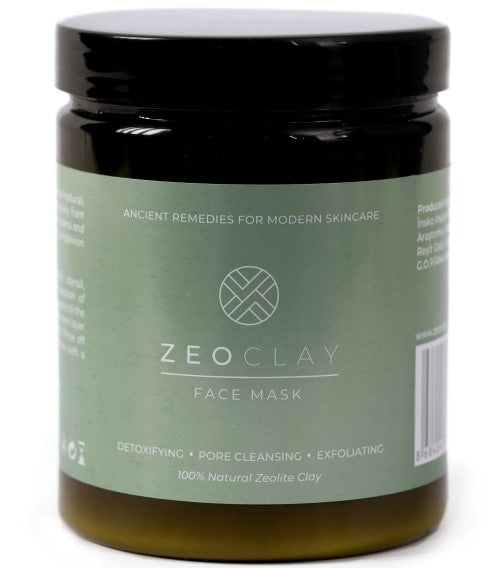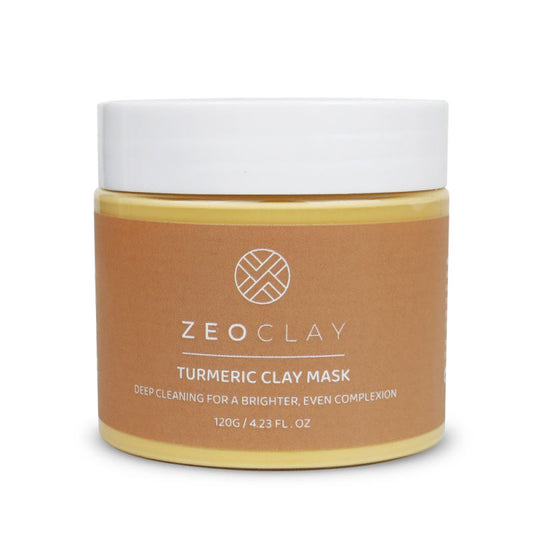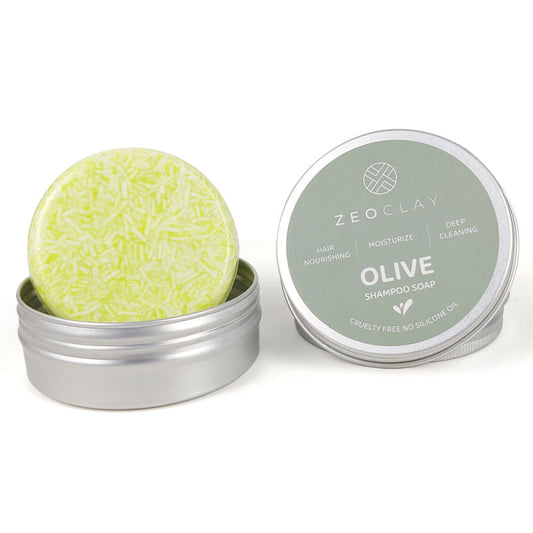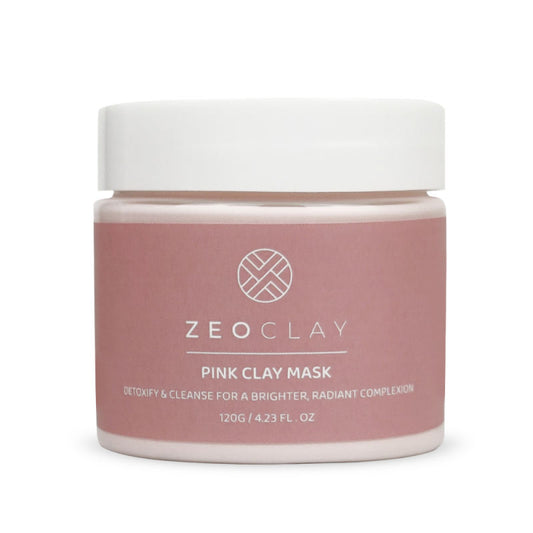One of the key properties of ZeoClay Clinoptilolite is its ability to adsorb and exchange ions. This means that it can absorb certain ions from its surroundings and release others in their place. This property makes clinoptilolite a useful material for a variety of applications.
However, when using clinoptilolite, it is important to use non-metallic utensils to avoid contamination of the material. Metallic utensils, such as those made of steel or aluminum, can introduce metal ions into the clinoptilolite, which can interfere with its ability to adsorb and exchange ions. This can lead to a reduction in the effectiveness of the clinoptilolite and ultimately affect its performance in the intended application.
To avoid these issues, it is important to use non-metallic utensils when handling clinoptilolite. This can include utensils made of materials such as plastic, wood, or silicone, which will not introduce metal ions into the clinoptilolite and will not leach into food or drink. It is for this reason that every jar of ZeoClay is shipped with a high-quality olive wood spoon for measurement and dispensing.
In summary, using non-metallic utensils when handling clinoptilolite is important to maintain the effectiveness of the material. By choosing utensils made of materials such as plastic, wood, or silicone, you can ensure that your ZeoClay stays pure and performs as intended.








